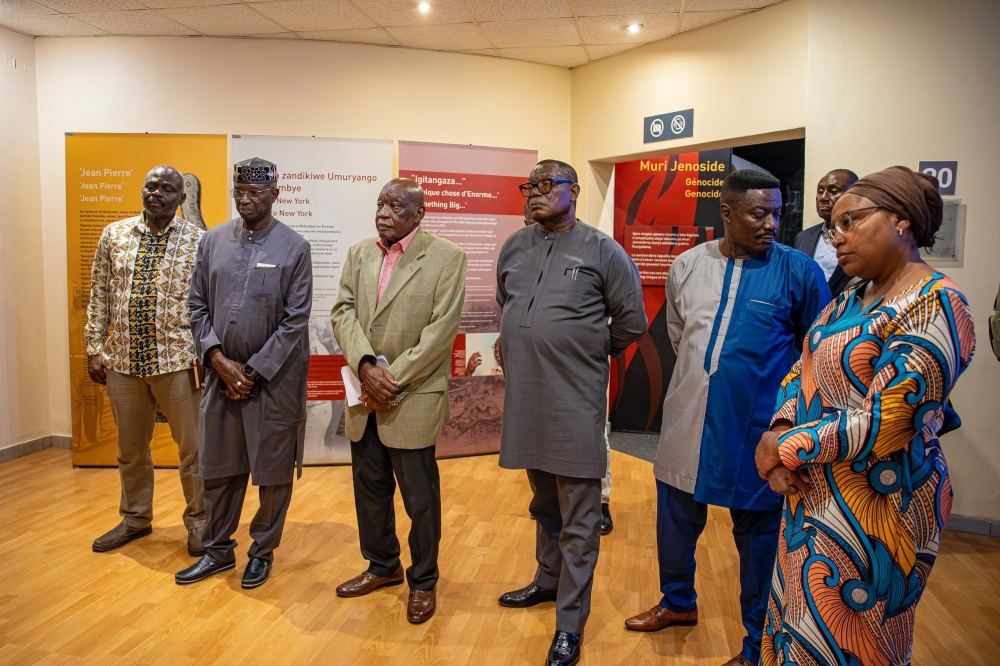April, the month that arouses bad memories and nightmares. The time when the land of a thousand hills ‘goes silent’ and grey, bordering on unfriendliness. The worst souvenirs emerge from far. Every day, the souvenir of a relative who passed away haunts many of us.


April, the month that arouses bad memories and nightmares. The time when the land of a thousand hills ‘goes silent’ and grey, bordering on unfriendliness. The worst souvenirs emerge from far. Every day, the souvenir of a relative who passed away haunts many of us.For those who are lucky not to have experienced the horrow, it is one month of compassion with the survivors. All kinds of corporate social responsibility activities flourish across the country. Commemoration ceremonies take place in almost every institution and organisation, and much more. Ironically, the well-to-do Rwandans choose to leave the country and abandon the survivors as it was 19 years ago, only to come back when the situation has normalised ‘to teach them how the country should be resilient’. I choose not to mention the foreigners, afterall it is said that: "First cast out the pebble out of thine own eye; and then shalt thou see clearly to cast out the speck out of thy brother’s eye”.Nevertheless, as we commemorate the sad events of 19 years ago, we forget an essential element: The survivors don’t remember the heinous acts visited on the country in April only, but every second of their lives. Each aspect of their ordinary life triggers a souvenir; a date, a place, a person, a perfume, a word, a song, a sound or a colour. Wouldn’t it be wonderful if they could just shut out all these nightmares and choose when and how to deal with each particular souvenir?Unfortunately, trauma affects all aspects of the survivor’s life, including in the workplace. The trauma can be indentified in some workers suffering from memory and physical problems, lack of concentration, poor interactions with co-workers, unreasonable reactions to situations that trigger sad memories, feelings of fear or anxiety, absenteeism and lack of creativity. Accommodating an employee with trauma can be complex and is unique for each individual as what may be helpful for one may not work for the next. Therefore, it is important for an employer to know its symptoms, as knowledge will help in understanding them to help the workers. But as complex as it seems, it is crucial in a country where over 10 per cent of the population was slaughtered in less than four months. As an employer, do you know the number of your workers, who are affected? Are you sure that the right support structures are in place? Have you identified specifically how you can assist them? By recognising and addressing the many less dramatic stressors, organisations can take action to prevent and treat trauma before the effects become catastrophic. By creating a workplace which does not traumatise workers; employers cannot only reduce the tremendous cost of trauma, but also help keep alive more of their employee’s latent creative and productive potential.During this period, it would be a pity to spend millions on well orchestrated and marketed programmes while nothing is done for workers who suffer from genocide trauma. Although they may not be the most vulnerable people since they have jobs, helplessness is not only about one’s financial situation, it is also on their mental health. Let’s be consistent.The writer is a people and change consultant at PricewaterhouseCoopers Rwanda




